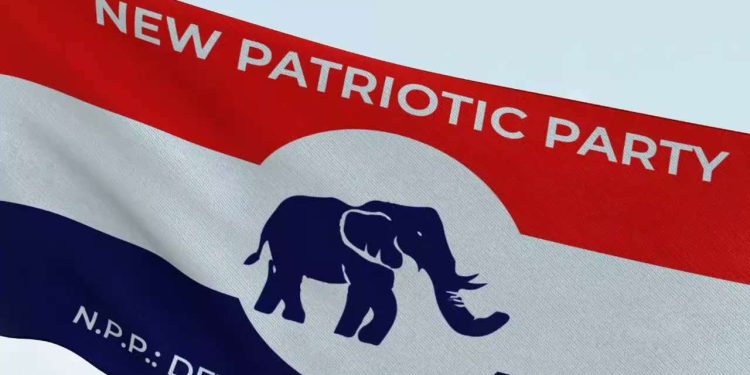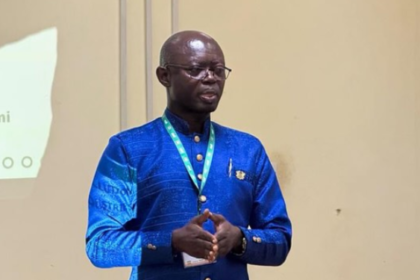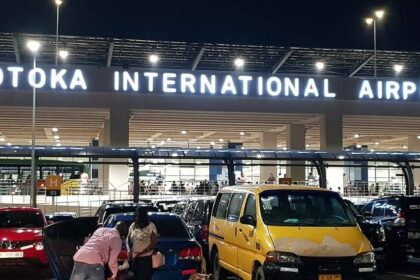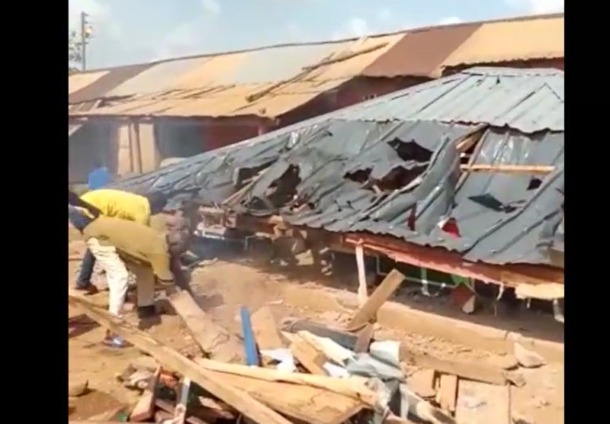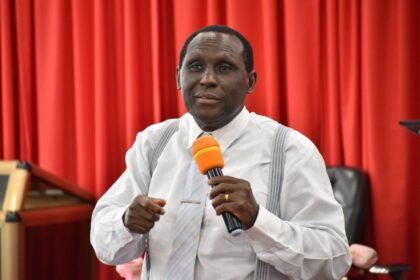The Dormaahene, Osagyefo Oseadeeyo Agyeman Badu II, has acknowledged a decline in illegal small-scale mining, commonly known as galamsey, under the administration of President John Dramani Mahama, but warned that the menace is far from over and must be completely eradicated.
Speaking to journalists in Accra on Thursday, October 2, shortly after being sworn in as a Justice of the Court of Appeal, the traditional ruler stated that while galamsey did not begin with the current government, its impact has been reduced through recent interventions.
“I have been on this stool for nearly 26 and a half years. Galamsey didn’t start today—it has been with us for a long time. But if you ask for my honest assessment, I would say it is now going down,” he noted.
The Dormaahene attributed the decline to enhanced enforcement efforts and the emergence of local initiatives, including specialized anti-galamsey task forces.
“In the past, nine forest reserves in my jurisdiction were overtaken by illegal miners. That is no longer the case. Initiatives like the deployment of the Blue Water Guards are making a visible impact,” he said.
Ongoing Threat
Despite the progress, the Dormaahene emphasized that galamsey has not been eliminated, cautioning against complacency. He called for continued efforts from government, particularly the Ministry of Lands and Natural Resources, as well as active citizen involvement.
“Let me be clear—I’m not saying galamsey is over. It still exists, and we must work even harder to eliminate it entirely,” he stressed.
Zero Tolerance in Dormaa
The Chief issued a stern warning to illegal miners operating in the Dormaa traditional area, declaring a zero-tolerance policy.
“Anyone caught engaging in galamsey in my area will be arrested and handed over to the police. I will not hesitate to act,” he vowed.
He also urged Ghanaians to support the protection of natural resources and sustainable farming practices.
“Our water bodies, cocoa farms, and forest reserves are the legacy of our ancestors. We must not destroy them. Let’s farm responsibly and preserve our environment for future generations,” he concluded.








